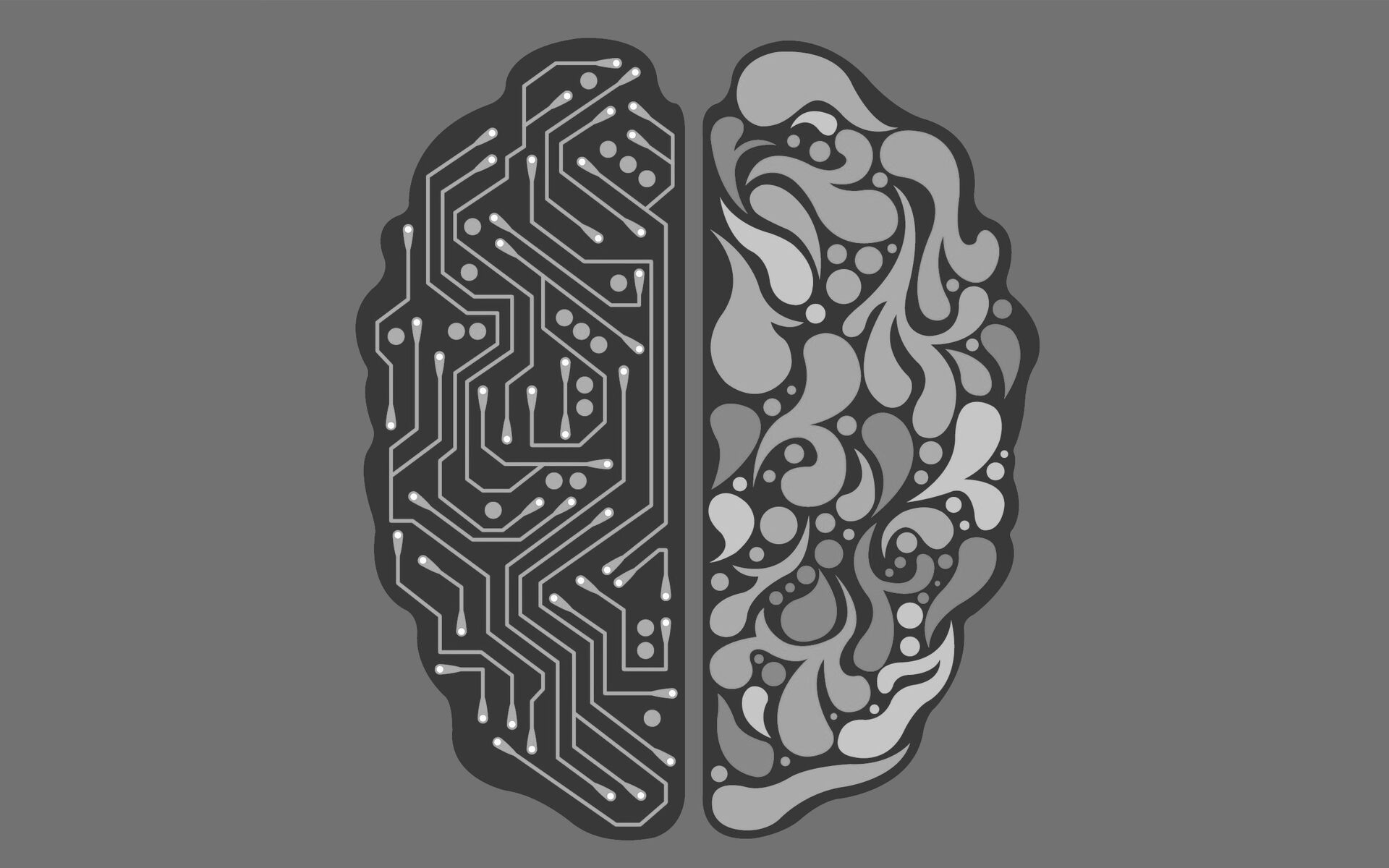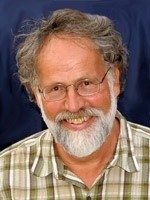Event Start Date:
16. February 2021 | Event End Date:
16. February 2021 | Event Venue:
|

Is it possible to create a conscious robot? If so, should we?
In the last decade, artificial intelligence has surpassed humans in among others the games of Go and Starcraft. Many researchers believe it’s only a matter of time before we make an artificial intelligence that is smarter than humans in all areas. Most famous of these is Ray Kurzweil who predicts this will happen before the year 2050. But will this intelligence be conscious? What are the implications if it is or not? We invite to a panel discussion where these and other questions will be discussed.
To attend, please use this webinar link. A link to the webinar will be provided later. The event will also be streamed on YouTube, however, if there are issues with the stream, please use the webinar link instead.
Organized by Conscious Brain Concepts and UiO:Life Science for the Oslo Life Science Conference 2021
Agenda:
19.00: Welcome
19.05: Opening talks
- The Emergent Consciousness Module
Inga Strümke, PhD, is a Postdoctoral Researcher at Simula Research Laboratory. Her work focuses on Explainable Artificial Intelligence.
- The Secret To Making Artificial Consciousness
Morten Goodwin, PhD, is a Professor in Informatics at University of Agder. His work focuses on Artificial Intelligence.
- Artificial consciousness or artificial person?
Einar Duenger Bøhn, PhD, is a Professor in Philosophy at University of Agder. His work focuses on Artificial Consciousness.
- Reconciling consciousness and predictive models of the brain
Keith Downing, PhD, is a Professor in Artificial Intelligence at Norwegian University of Science and Technology. His work focuses on Artificial Life and Intelligence.
19.40: Panel discussion
Join Inga, Morten, Einar and Keith as they together with moderator Elina Melteig discuss whether it is possible to create a conscious robot. And if it is, should we make one? What would the ethical implications be? How could we even know if the robot is conscious? Would a generally intelligent machine be conscious, or would a conscious machine be generally intelligent?
20.40: Questions from the audience
21.00: End
Panelists:
Einar Duenger Bøhn is a professor of philosophy at the University of Agder. He has a PhD in philosophy from the University of Massachusetts Amherst (2009). His current interest in the philosophy of technology started from an interest in the metaphysics of consciousness and the resulting differences between the possibilities of artificial intelligence, artificial consciousness, and artificial morality. He is currently working on the notion of a person, and whether it is possible to create an artificial person. He has a book forthcoming on the philosophy of technology. Webpage Publications
Morten Goodwin is a professor of informatics at the University of Agder. His master’s study introduced him to machine learning and artificial intelligence, and he has been bitten by the bug ever since. Goodwin received his master’s degree from the University of Agder, Norway, in 2005, and a Ph.D. degree in 2011 from the Department of Computer Science at Aalborg University, Denmark. His research interests include data-mining, optimization, deep learning, and adaptive learning. He is also an active popular science communicator focusing on the enormous advances in both research and the practical usefulness of artificial intelligence. In the autumn of 2020, he published the book “AI. Myten om maskinene”. Webpage Publications
Keith Downing is a professor of artificial intelligence at the Norwegian University of Science and Technology. He has a BA in mathematics from Bucknell University, and got his PhD in computer science at the University of Oregon (1990). His journey into artificial intelligence started with computational modelling of the cardiovascular system and he now focuses on evolutionary computation, artificial neural networks, and artificial life. Webpage Publications
Inga Strümke is a postdoctoral researcher at Simula Research Institute. She has a MSc in theoretical physics from the Norwegian University of Science and Technology, and a PhD in particle physics (2019). The PhD took her into the field of machine learning, where she has been active ever since. Beneath her favourite question, “How does the universe work?”, lies a layer of “How can we understand the world we live in?”, which speaks right to her current work on explainable artificial intelligence. Webpage Publications
Moderator: Elina Melteig, Communication adviser at University of Oslo. Webpage










